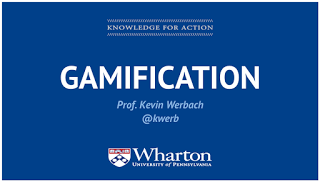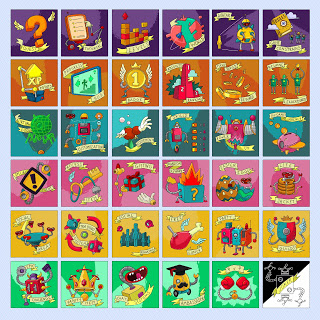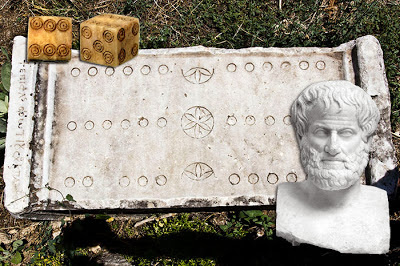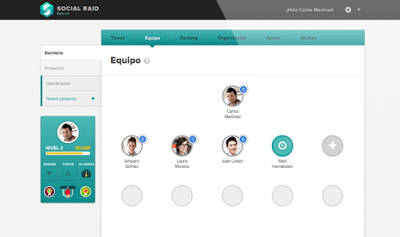2013: A Gamified Year in 13 Pictures
The gamification year of and a bit more in pictures.
Papers, Books and much more
The year started as 2012 finished: I read more books, studied more papers and developed all the theories that would later on appear on Epic Win.
Gamification and Coursera
One of 2013's great events was Prof. Werbach's MOOC. It was a really nice course and it inspired me to create a bit more advanced course on the topic with Iversity.org
Epic Win Blog
Some weeks before, I started publishing all the materials that I had on Epic Win Blog. Several blogposts have received more than 4000 views.
Gamification World Congress, Madrid
Probably one of the biggest gamification events in Europe. The Congress took place on the 20th May, 2013 and it was a fantastic chance to meet great people.
PlayJugo
I started to work at PlayJugo in summer, and since then, we have developed two gamified systems and much more! We keep on working hard (and playing harder) every day.
Innovation and Entrepreneurship Business School
At the same time, I started to collaborate with the IEBS, as a gamification associate professor for two of their master degrees: Mobile Business and Entrepreneurship.
Gamification Spain Meetups
Gamification Spain Meetups (GSM) started (and keeps on being) as a small community based event. Today, more than 150 people have joined the group and 2014 will see many more of these meetups. You can check it out at http://www.meetup.com/Gamification-Spain/
EBE - Evento Blog España
It was my first experience at Europe's second biggest event of Social Media. I gave a gamification workshop for +75 people and met so many awesome people. Such a great time!
Social Raid
Social Raid was PlayJugo's first gamified platform, a gamelike experience for community managers and social media managers. You can check it out at socialraid.com
II GSM - Barcelona
With more than 75 people, free talks, workshops and many more activities, we had such a fantastic time at the II GSM in Barcelona. There will be more!
Family Team App
Family Team App is PlayJugo's second gamified experience, an app that makes your house chores more fun. It'll be available on the App Store in January 2014.
The 35 Mechanics Toolkit
After the huge success of the first version, and the amount of downloads of the second one, we decided to create our own design deck. It'll be available on Amazon in January 2014.
Iversity Gamification Design MOOC
2013 was an awesome year and we wanted 2014 to be as epic! So we created a new adventure on Iversity! Want to join us?
Last but not least...
Thanks to all the great people that have helped us on the way! You're great guys! 2014 will be an epic year!
Go Go Go!
Sidney Lopez

















